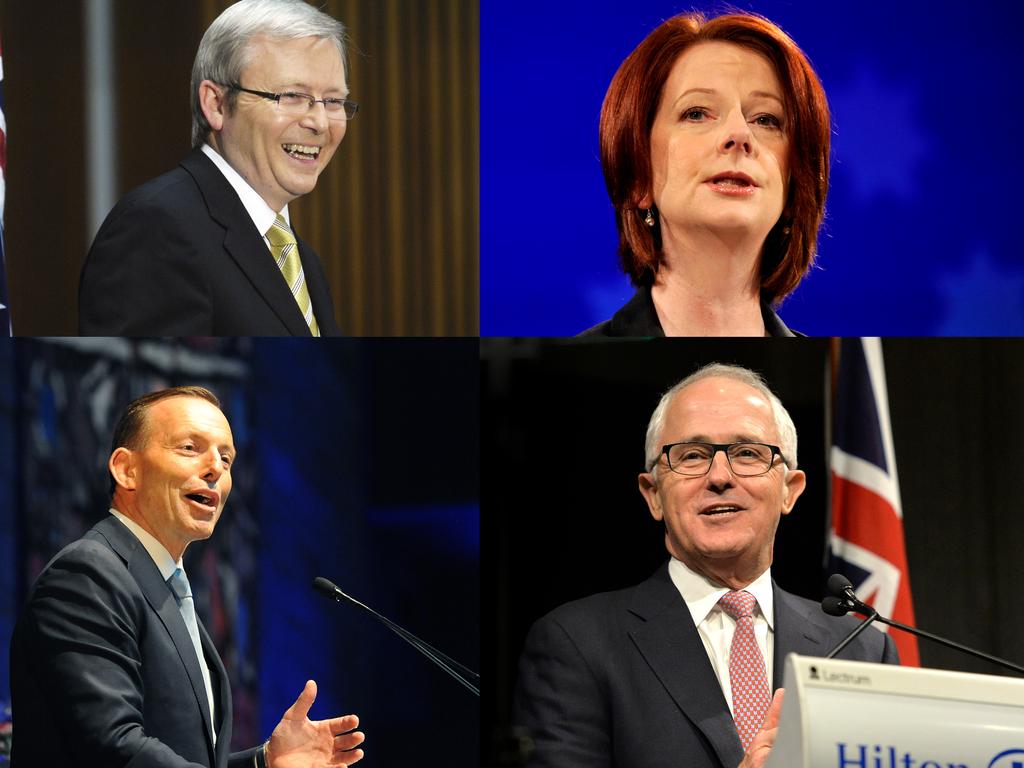
Writing in The New Statesman this week, Blair is searingly precise in his assessment of the modern left’s existential problems. They are, he says, culture killers and election losers.
Timing made his words even more scorching. A week earlier, the Conservative Party had trounced the British Labour Party in a by-election in Hartlepool, a working-class port town that had voted Labour since 1964.
Blair’s essay about the left’s “voter-repellent” obsession with injecting race, gender and identity into every nook and cranny of our culture will upset progressives across the board. Not just the extremists on the left who are poisoning the progressive cause, but left-wing moderates who aid and abet them with silence.
“People do not like their country, their flag or their history being disrespected. The left always gets confused by this sentiment and assumes this means people support everything their country has done or think all their history is sacrosanct. They don’t. But they query imposing the thinking of today on the practices of yesterday; they’re suspicious that behind the agenda of many of the culture warriors on the left lies an ideology they find alien and extreme; and they’re instinctively brilliant at distinguishing between the sentiment and the movement,” he writes.
“They will support strongly campaigns against racism; but they recoil from some of the language and actions of the fringes of the Black Lives Matter movement. You could go through the entire litany of modern causes and find the same — from Extinction Rebellion to trans rights to Reclaim the Streets — in the same way.”
Blair points out the bleeding obvious: people prefer common sense, proportion and reason.
“They dislike prejudice; but they dislike extremism in combating prejudice,” he writes.
Progressives aren’t just reading the death rites for their own political parties, they are burying ideas that, over a few thousand years, have allowed culture to flourish in the West. That’s why Blair’s analysis of the modern left should be ingested by leaders beyond the British Labour Party. Leaders across Western countries in myriad industries from commerce, education and the arts are accomplices to the hastening degradation of modern society.
Publishing is the epicentre of this cultural disintegration. Here, extremists are on a mission to cleanse the richness of Western culture by excluding different voices in the bogus name of “inclusivity”. Forgive me, please, if you have grown weary of the modern spectre of open letters. But a recent one, penned by anonymous people accusing British publishers of being transphobic, is worth a look.

This is the latest attempt by a group of extremists on the left to stop great literature reaching us by claiming a higher purpose of delivering social justice to trans people.
We should be able to empathise deeply with the challenges that trans people face, and still question, in good faith, the demands of extremists within the movement.
But here is Blair’s thesis writ large — extremists on the left trying to call the shots, while moderates stay quiet for fear of being shamed, outed, and destroyed by social media witch hunts.
This open letter — dreadfully written, poorly argued and lacking any self-awareness — is one of the worst examples among this interminable genre. The authors are so fiercely committed to their rambling idea of social justice that they have signed it anonymously. No names, just a litany of hyperbolic complaints and incoherent demands to exclude authors who disagree with the commandments of trans activists.
Headed The Paradox of Intolerance, a group of anonymous people apparently from within the book industry claim that we are “witnessing a persecution” of trans people by publishers. The authors ask us to place the treatment of trans people today alongside the atrocities that the Jews suffered in Nazi Germany.
The letter is replete with historical ignorance and determined hypocrisy. A group of people obsessed with celebrating trans identity has no time for women who hold their biological identity dear to them.
Without mentioning her name, it is clear that the authors are aiming their ire at JK Rowling for holding sacrilegious views that biological women are different from trans women, and that biological women should be allowed to hold on to their identity too.
As the author of The Madness of Crowds, Douglas Murray, has said, there is a hierarchy of privilege among modern social-justice movements. And among the LGBT crowd, T matters more than G or L, and sits many rungs above boringly biological women.
That’s why the trans movement imagines it can impose a range of new rules on others. Women are no longer women, they are given the absurd “cis” prefix to mark them as different; lower down on the scale of identity.
Gender-neutral pronouns are not encouraged, they are demanded. Language is distorted to suit their identity. The term “breastfeeding” is denounced as intolerant of trans people. There is no room for doubt, questions, curiosity or concerns — not even from the medical profession — about the consequences of treating teenagers with sex hormones and surgery. They demand the right to compete in female sports even when it creates an unequal playing field that favours them.
In the publishing world, the claim among social justice movements to being equal but better means depriving the people of the chance to read great books.
Rowling, who introduced a generation of kids to beautifully crafted words through magnificent characters and stories, would no longer be published. Witness the revolt among young staff at publishing firm Hachette in June 2020, who refused to work on her most recent children’s book.
Lionel Shriver must get the chop too, for failing, along with hundreds of other writers, to abide by new rules that dictate that an author can only write about their own experiences. To venture beyond this territory is to commit the sin of cultural appropriation.
Old writers will have to go too — Shakespeare, Tolstoy, Dickens, Nabokov, Harper Lee — all of them, and more, eliminated from the West’s rich literary tradition as offenders against the new order.
Notice that it was a youngish person, Yassmin Abdel-Magied, who walked out on Shriver’s speech about the folly of cultural appropriation claims at the 2016 Brisbane Writer’s Festival.
Younger generations are entitled to want to do things differently. But it will help them do things well if they understand where flawed ideas take us. Demanding inclusion by excluding, excoriating and damning others as sinners is not a way to achieve lasting social justice for any group.
We ought to be deeply concerned that Blair’s words are controversial. But he made headlines this week because raising questions about the future of politics and culture is not a welcome activity among many on the left.
As Blair said, “progressive folk tend to wince at terms such as ‘woke’ and ‘political correctness’, but the normal public knows exactly what they mean. And the battle is being fought on ground defined by the right because sensible progressives don’t want to be on the field at all.
“The consequence of this is that the ‘radical’ progressives, who are quite happy to fight on that ground, carry the progressive standard.
“The correct course for progressives on culture questions is to make a virtue of reason and moderation. To be intolerant of intolerance — saying you can disagree without denouncing. To seek unity. To eschew gesture politics and slogans. And when they’re accused of being insufficiently supportive of the causes — which is inevitable — to stand up for themselves and make it clear that they are not going to be bullied or pushed around.
“Keeping your head down isn’t a strategy,” he said.







The so-called progressive left has another reason to hate Tony Blair. The man who won three elections for Labour in Britain has had a thorny relationship with people on his side of politics. In large part, that’s due to his decision to take the country into Iraq. But the Labour Party’s longest-serving prime minister will now be hated all over again for an intervention much harder to contest.